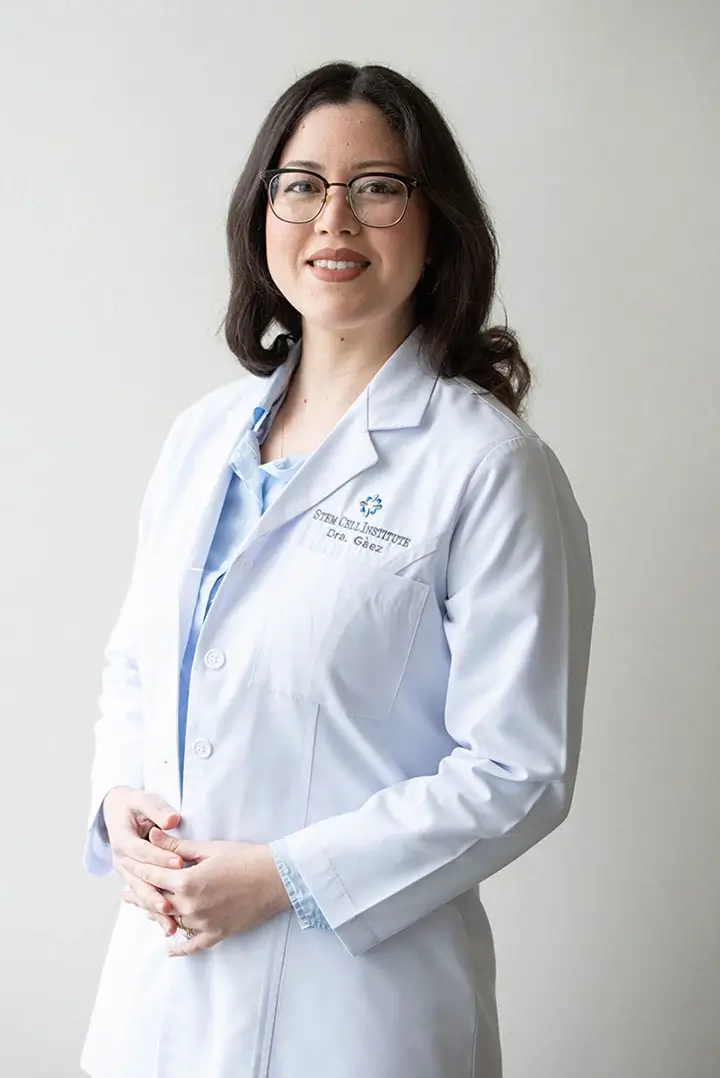(HealthDay News) The majority of embryonic stem cell research is being conducted on lines that have been established years ago from frozen in vitro fertilization embryos. Many times the ethnic origin of these cells is not known, or when it is, specific issues as to country of origin versus actual ethnicity are not clear.
Scientists at the Scripps Research Institute in La Jolla, California have reported what they believe to be a potential solution to this puzzle. The team, lead by Dr. Jeanne Loring, published a paper in the January 2010 edition of the journal Nature Methods in which they reveal a molecular technique that could be useful for answering this question.
"Ethnic origin is a critical piece of information that should come with every cell line," said Dr. Loring. "Everyone who works with stem cells should be doing this kind of analysis."
Dr. Loring was referring to numerous situations in which different ethnicities have different biological responses to drugs or medical treatments. Although in the majority of cases these differences are subtle, situations such as metabolism of specific drugs or organ rejection can have terrible consequences if ethnicity is not taken into consideration. In the study, Dr. Loring’s team analyzed a variety of human embryonic stem cell lines that are being used in laboratory research internationally. Of these cell lines, the majority originated from donors of Caucasian and East Asian descend, with no representation from Africa.
In order to address this problem, brand new stem cells were generated using the inducible pluripotent stem cell (iPS) method from a donor of West African Yoruba origin. This cell line was the first pluripotent cell line to have the genetic make-up of a person from this ethnic group. The iPS technology essentially allows for the generation of cells that resemble both functionally, and molecularly embryonic stem cells without the need for using fertilized eggs. Scientists have previously reported that introduction of certain genes into skin cells, or other types of adult cells, can be used to "de-differentiate" adult cells into a phenotype that resembles embryonic stem cells. By being able to take adult cells and generated cells that resemble embryonic stem cells, scientists such as Dr. Loring have made pluripotent stem cell lines not only from humans of different ethnicities, but also individuals with various diseases, as well as animals at risk of extinction.
"Knowing that a big push in the future is using these lines in the clinic and in drug development, there’s a need to have an ethnically diverse population of cells," added Louise Laurent, M.D., Ph.D., assistant professor at the University of California, San Diego (UCSD) and research associate at Scripps Research, who is first author of the paper with Caroline Nievergelt, Ph.D., also an assistant professor at UCSD.
The current research was based on a previously described molecular biology technology in which specific gene signatures are correlated with ancestry of individuals. On such project, the International HapMap Project, was published in the journal Nature in 2003. This effort linked single-letter alterations in the genetic code — known as single nucleotide polymorphisms, or SNPs — with people of known ethnic origins. This data provided a way to identify the ethnic heritage of a donor of any cell.
"There’s not a lot of value in making a new pluripotent stem cell line now unless it has something new to offer," said Loring. "I think that increasing ethnicity and genetic diversity is an important reason for generating new lines."
"Essentially this publication represents a shift in our thinking about stem cells. Initially the major issue in stem cell research has been how to generate different tissues, now scientists are beginning to take it for granted that tissue generation is occurring and the next issues of transplantation, matching, and scale-up are being considered".

